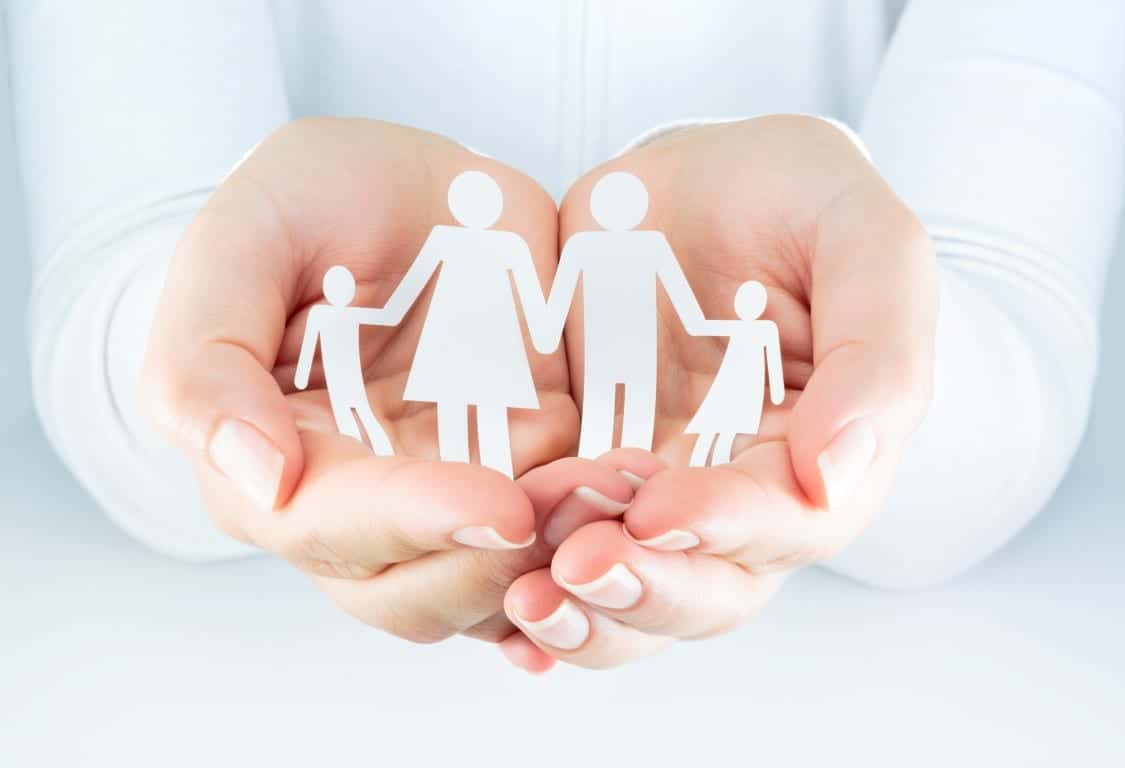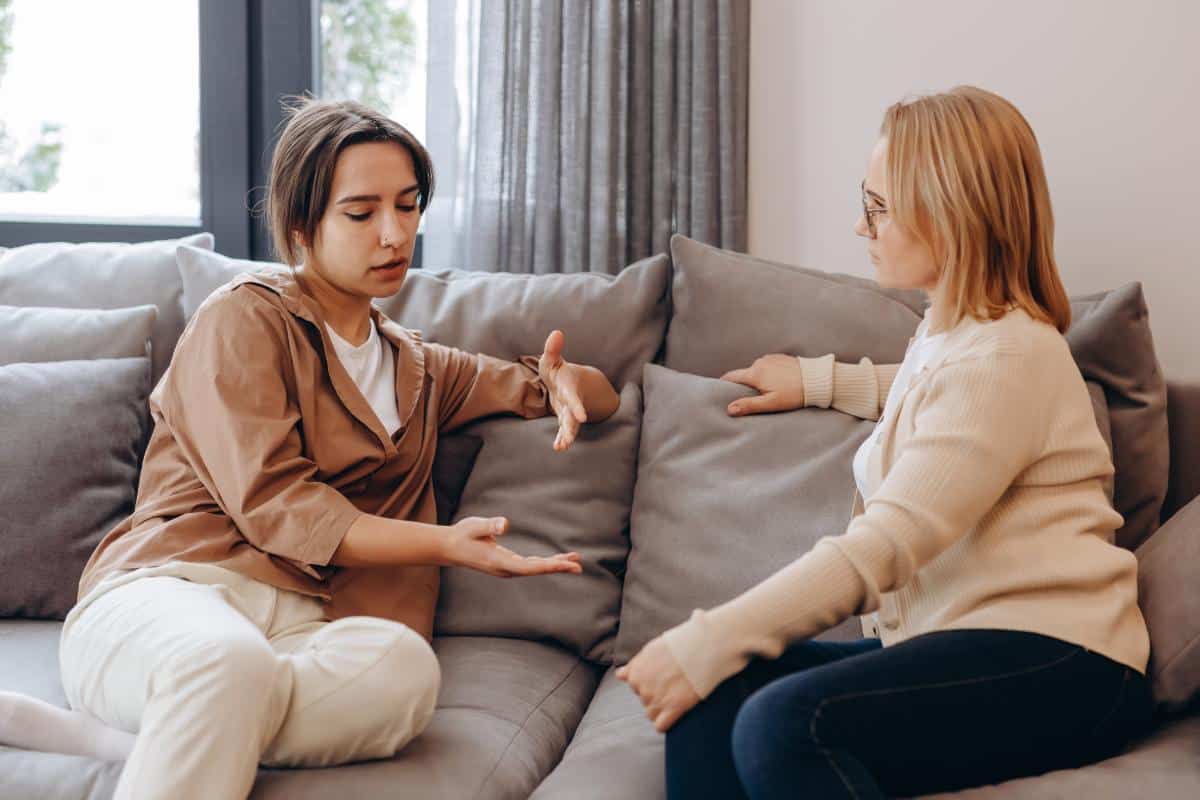“Alcoholism doesn’t discriminate. It strikes the most socially prominent of families as frequently as it afflicts the downtrodden. In Al-Anon, we learn that if we set aside our differences, keep an open mind, and try to learn from one another, we can find a powerful force for healing. Together, we can accomplish what is nearly impossible alone: we can overcome the devastating effects of this terrible disease and learn to live again.” ~ How Al-Anon Works for Families and Friends of Alcoholics According to a study recently published in JAMA Psychiatry, approximately 32 million people in the United States have struggled with alcohol abuse just within the last year – one out of every seven adults. Even worse, when you extend the time frame to a person’s entire life, nearly a third of all US citizens fit the criteria for an “alcohol-use disorder” diagnosis at some point. For people who suffer with the disease of alcoholism, there are a number of treatments available to them – 12 step programs, detoxification facilities, intensive inpatient treatment programs, long-term outpatient aftercare, professional addiction counseling, hypnosis, medications that can ease cravings or make a person physically unable to consume alcohol, and even breathalyzer ignition interlock devices that prevent them from driving drunk. But alcoholism is a family disease – there are children, spouses, siblings, parents, and other family members were also affected by the behaviors of the active alcoholic. In a different, but very real way, they suffer because of someone else’s disease. And most of those treatments offer no direct relief to the suffering family members.
Many Millions More Affected by Alcoholism
According to the US Department of Health and Human Services and the Substance Abuse and Mental Health Services Administration National Clearinghouse for Alcohol and Drug Information, 76 million adults in the United States have been exposed to alcoholism within their family. In their book Alcoholism, Alvin and Virginia Silverstein wrote that one out of every four American families has a problem with alcohol abuse.
The Role of Al-Anon
Perhaps no organization has offered as much relief to the families and loved ones of alcoholics as Al-Anon, the partnered but separate fellowship that branched out from Alcoholics Anonymous. Rather than being an organization dedicated to helping alcoholics, Al-Anon is a place where their families and loved ones – anyone affected by someone else’s disease of alcoholism – can go for strength and support. In a very real way, Al-Anon may just play a more important role in the restoration of sanity and serenity to the family’s lives than Alcoholics Anonymous does for the alcoholic. This is because the alcoholic has other choices, as listed above. If one method or strategy doesn’t fully help them, they can employ any or all of the others. The suffering family member, however, doesn’t have such a plethora of options. After all, there is no medication that they can take that will ease their desperate desire to “save” or “fix” their problem drinker. In Al-Anon, family members experience relief when they can freely unburden themselves in a nonjudgmental, safe atmosphere. Everything they say, every story they tell, and every tear they shed has been said, told, and cried by someone else in the group. Just sharing can be cathartic and healthy. In addition, family members can gain strength and understanding from listening to the experiences that hard-won wisdom from others in the group. In any given Al-Anon meeting, there can be individuals there who have dealt with a loved one’s alcoholism for decades, and their successes in their own life path regardless of what their alcoholic is doing can be a great source of inspiration and hope.
Why Do People Go to Al-Anon?
There are three primary reasons why people attend Al-Anon meetings –
- to gain emotional support, wisdom, and even friendship from others who are going through (and have gone through) similar struggles
- to learn more about alcoholism as a disease, specifically how it can affect the overall mental/physical health of everyone around the alcoholic
- to improve one’s own life – to regain hope, serenity, and even happiness by “working” the 12 steps to change their own thoughts and actions
Signs That You May Need Al-Anon
Most people familiar with addiction know that alcoholics exhibit telltale behaviors that indicate they have a drinking problem. Anyone around the alcoholic, however, will also recognize their own irrational behaviors that they engage in in response to their alcoholic’s actions.
- Covering up or lying about someone else’s drinking
- Being overly- concerned or worried about someone else’s drinking
- Experiencing money problems because of someone else’s drinking
- Frequently changing or canceling plans because of someone else’s drinking
- Searching for someone else’s hidden alcohol
- Constantly checking to see if someone else has been drinking – smelling their breath, for example
- Experiencing ruined family holidays or get-togethers because of someone else’s drinking
- “Walking on eggshells” around a loved one because they have been drinking
- Threatening to leave/end the relationship unless the other person stops drinking
It Is Very Hard to Love an Alcoholic
Most people who attend Al-Anon either grew up in an alcoholic home or currently have a loved one who is an alcoholic. Each type of relationship with an alcoholic has its own dynamic. People who grew up in an alcoholic home will often suffer from emotional and physical neglect, and as adults, have higher rates of mental/psychological disorders such as clinical introversion, depression, or anxiety. People with an alcoholic spouse or partner feel compelled to stand by their partner, even if they do not fully understand the “disease” concept of alcoholism. They find themselves covering up and cleaning up their alcoholic’s lessons, while at the same time begging them to stop drinking. “If you really loved me, you would stop drinking.” becomes a familiar refrain. People with an alcoholic child suffer from the idea that it is somehow their fault – that they failed as a parent. They feel guilty, so they support their child financially, protect them from the natural consequences of their drinking, clean up their messes, pay for their attorneys, stay up late at night worrying, drive around looking for them, and do all of the other million little things to drive themselves crazy while trying to control their child’s drinking. None of it works, for any of the family members. The only thing that happens is the non-drinking loved one has a life that has become unmanageable because of someone else’s disease. They don’t realize that they are powerless over alcohol. Until they do, they can never get emotionally healthy themselves. It may be difficult to step through the doors into an Al-Anon meeting for the first time. You won’t know anyone, and even though you’ve been told differently, you will still be holding onto the pain and stress and shame that you’ve accepted over the years. It will be tempting to just turn around, leave, and forget the whole thing. Long-time attendees at Al-Anon meetings would beg you to reconsider, in this case. Every person there had to start out at their “first meeting”, and every person there has felt the same apprehension. The more meetings you go to, the easier it will get. For nervous new attendees, Al-Anon even has a humorous slogan – “Try Al-Anon for six meetings. If you’re not 100% satisfied, we’ll gladly refund your misery.”


